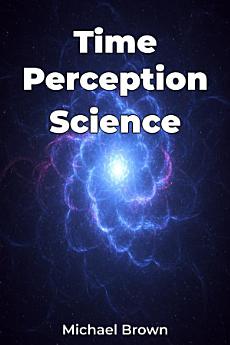Time Perception Science
феб 2025. · Publifye AS
E-knjiga
89
Stranica
family_home
Ispunjava uslove
info
reportOcene i recenzije nisu verifikovane Saznajte više
O ovoj e-knjizi
Time Perception Science explores the fascinating ways our brains construct our subjective experience of time. It examines how neural mechanisms and cognitive processes work together, influencing everything from planning to social interactions. One intriguing fact is that our perception of time isn't passive; it's actively shaped by factors like attention and emotion. This book uniquely emphasizes the dynamic interplay of various brain regions, rather than pinpointing a single ""time center.""
The book progresses systematically, first laying the groundwork with historical and philosophical perspectives. It then delves into the neuroscience of time perception, exploring brain regions and neural oscillations. Next, it examines cognitive and psychological influences, such as how conditions like Parkinson's disease can alter time perception. By integrating findings from neuroscience, psychology, and cognitive science, Time Perception Science offers a comprehensive understanding of how we experience time, including how our brains process temporal information.
Ocenite ovu e-knjigu
Javite nam svoje mišljenje.
Informacije o čitanju
Pametni telefoni i tableti
Instalirajte aplikaciju Google Play knjige za Android i iPad/iPhone. Automatski se sinhronizuje sa nalogom i omogućava vam da čitate onlajn i oflajn gde god da se nalazite.
Laptopovi i računari
Možete da slušate audio-knjige kupljene na Google Play-u pomoću veb-pregledača na računaru.
E-čitači i drugi uređaji
Da biste čitali na uređajima koje koriste e-mastilo, kao što su Kobo e-čitači, treba da preuzmete fajl i prenesete ga na uređaj. Pratite detaljna uputstva iz centra za pomoć da biste preneli fajlove u podržane e-čitače.





